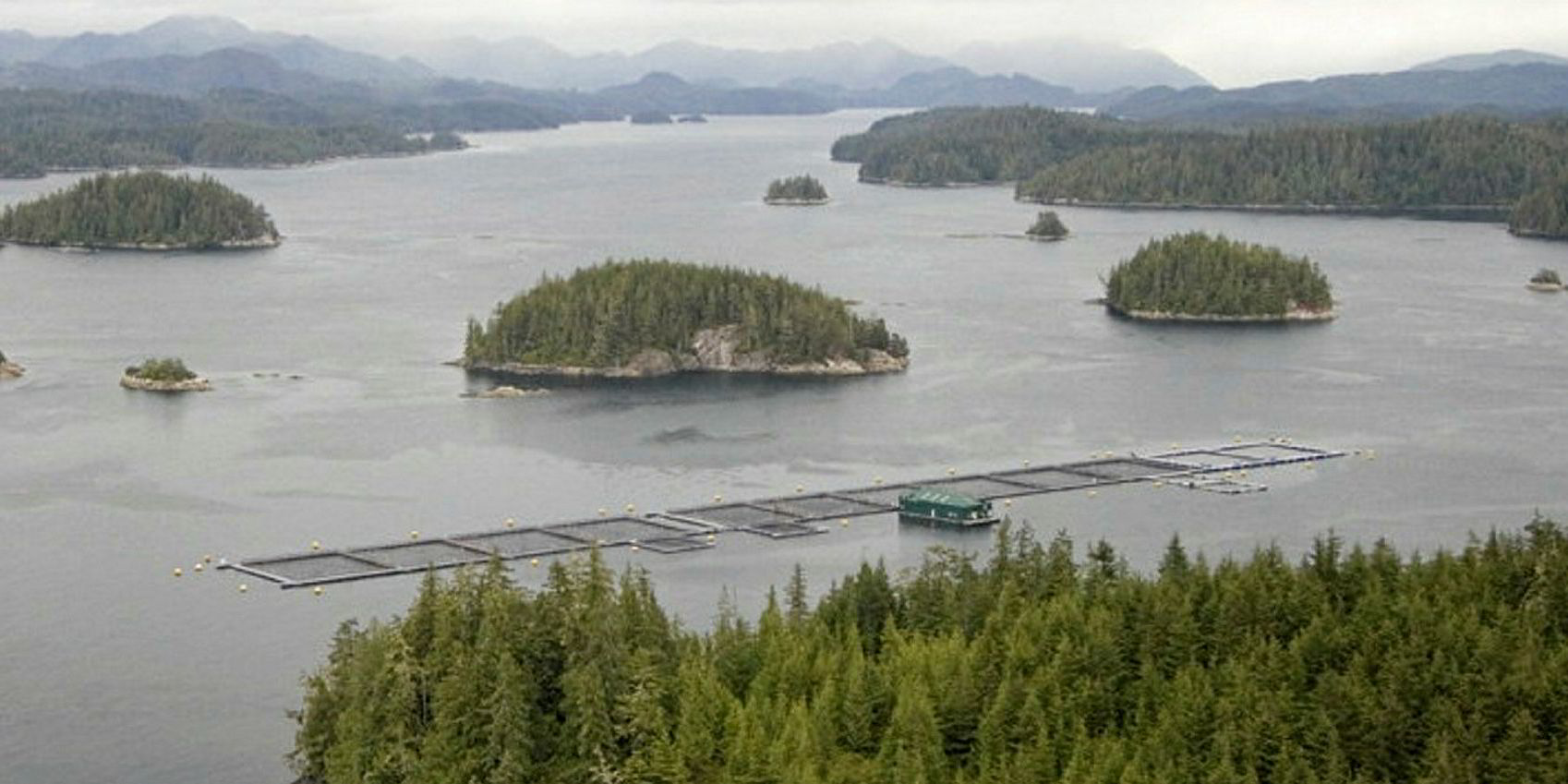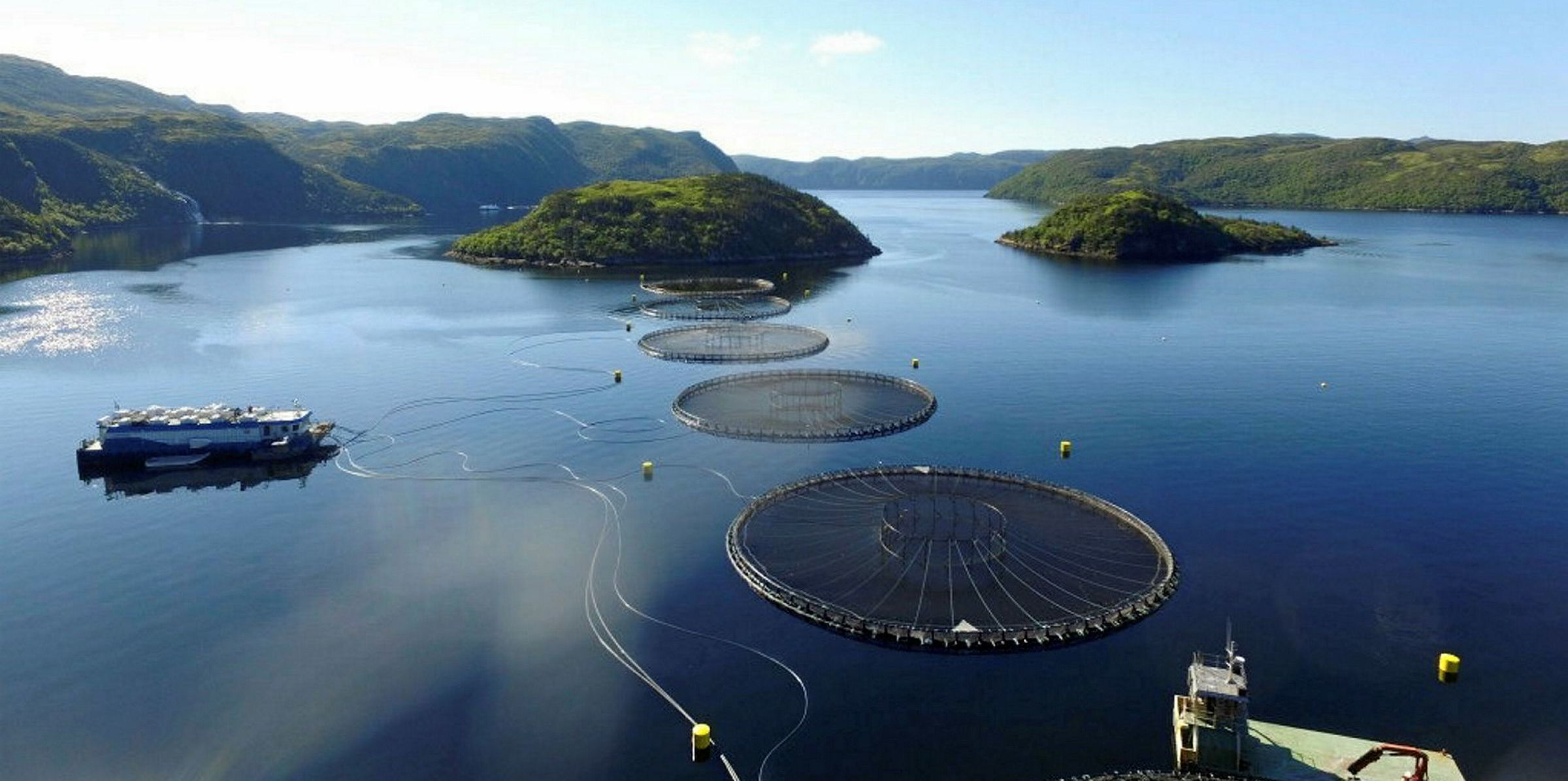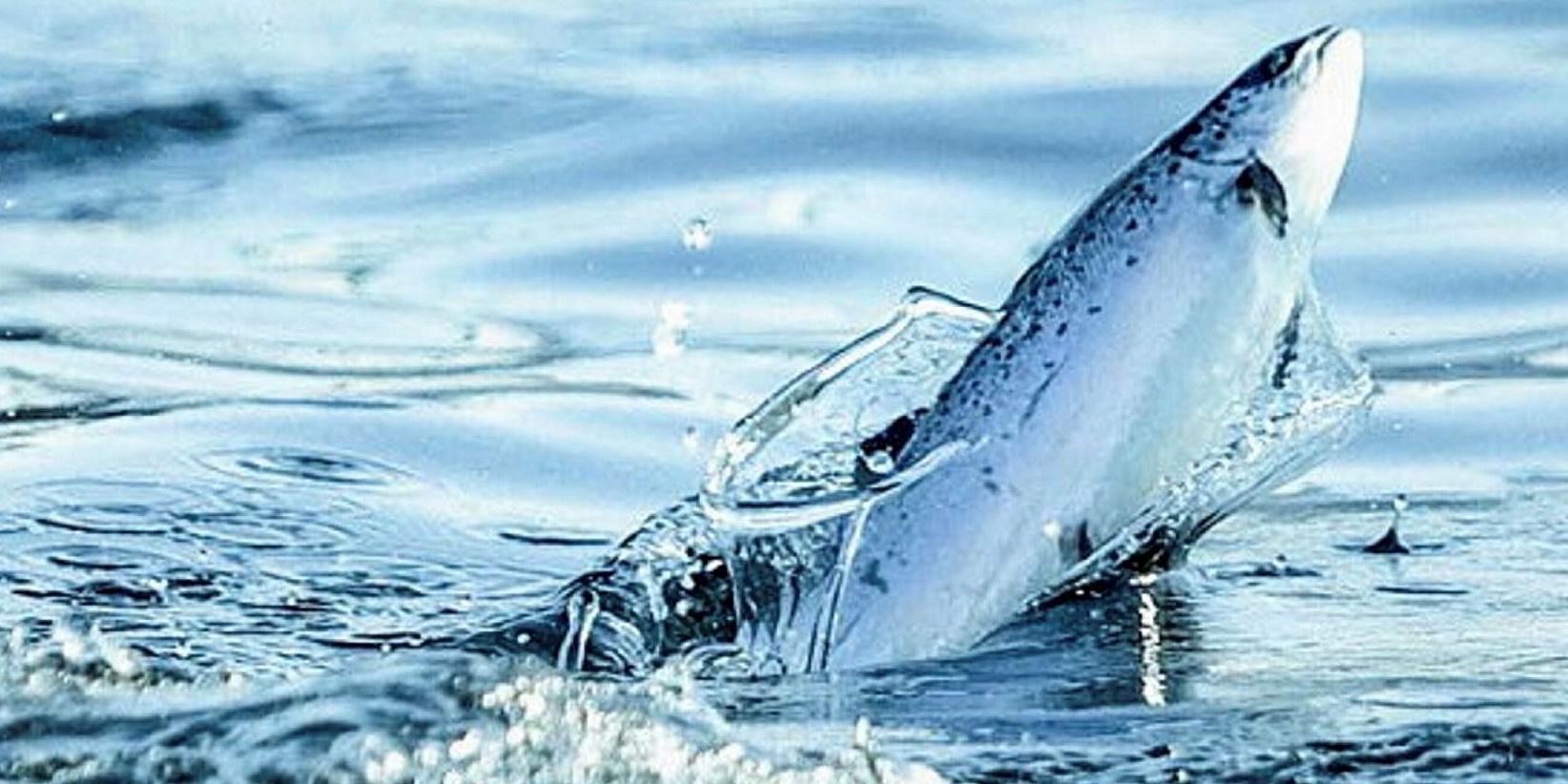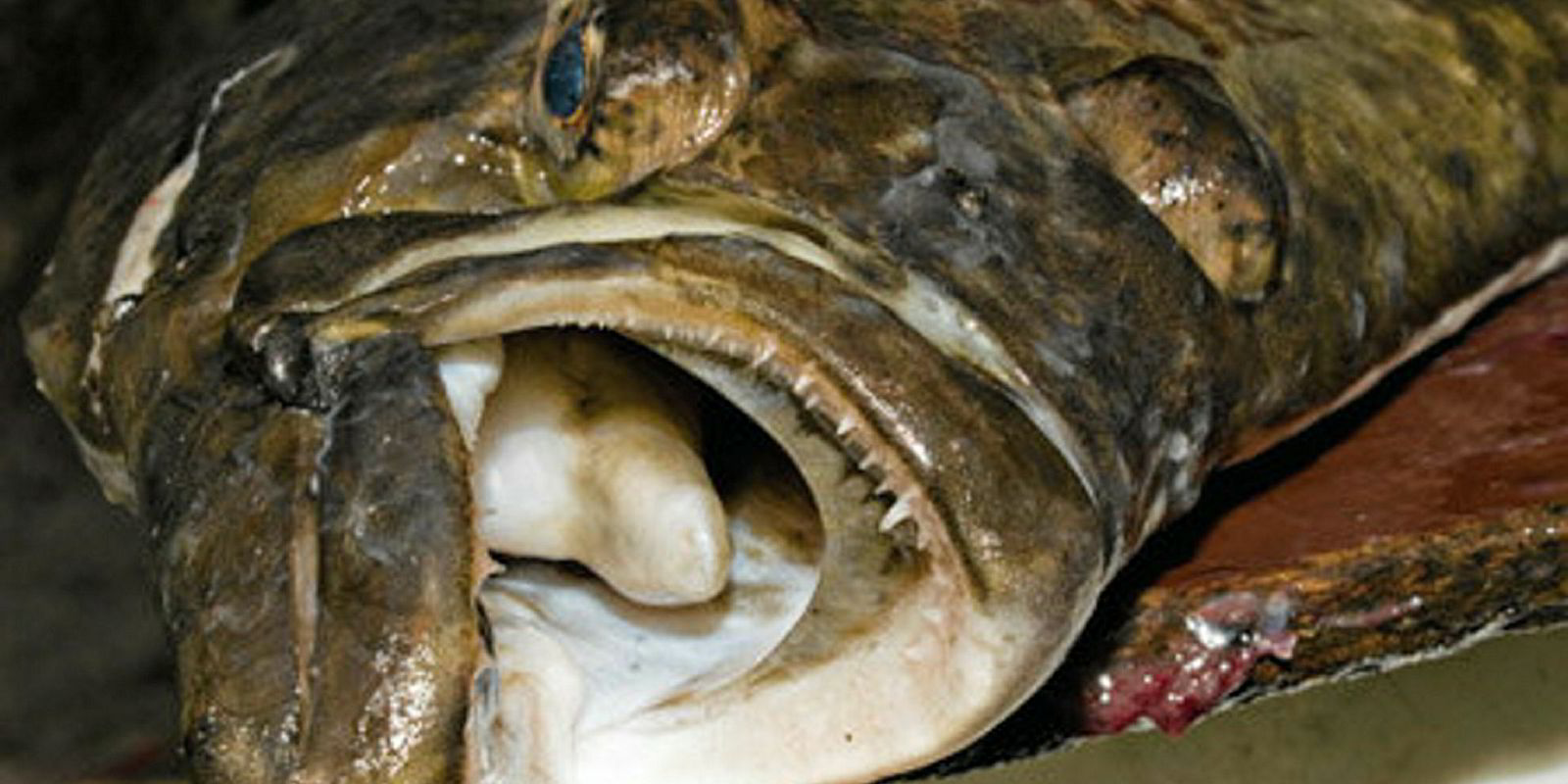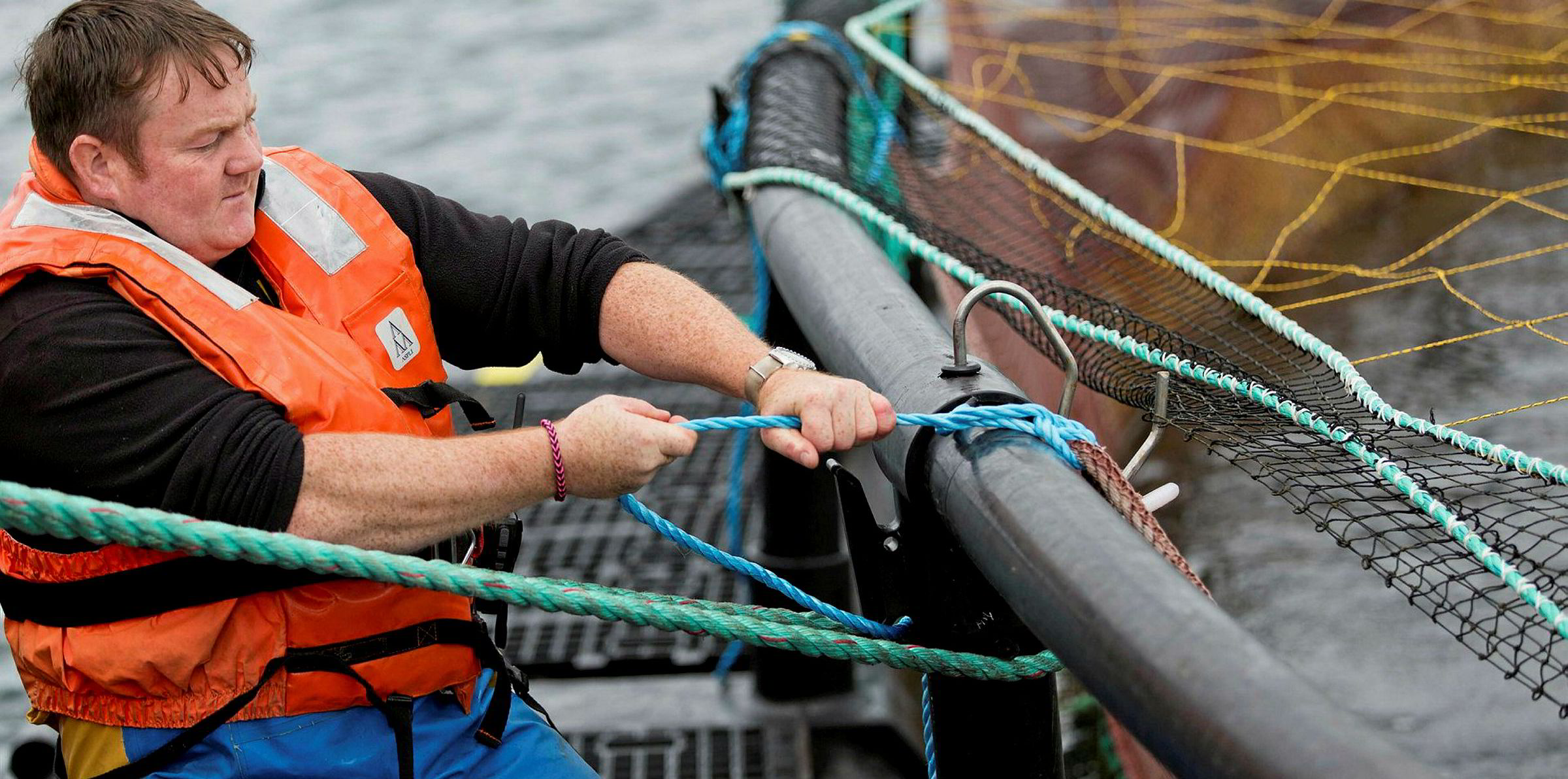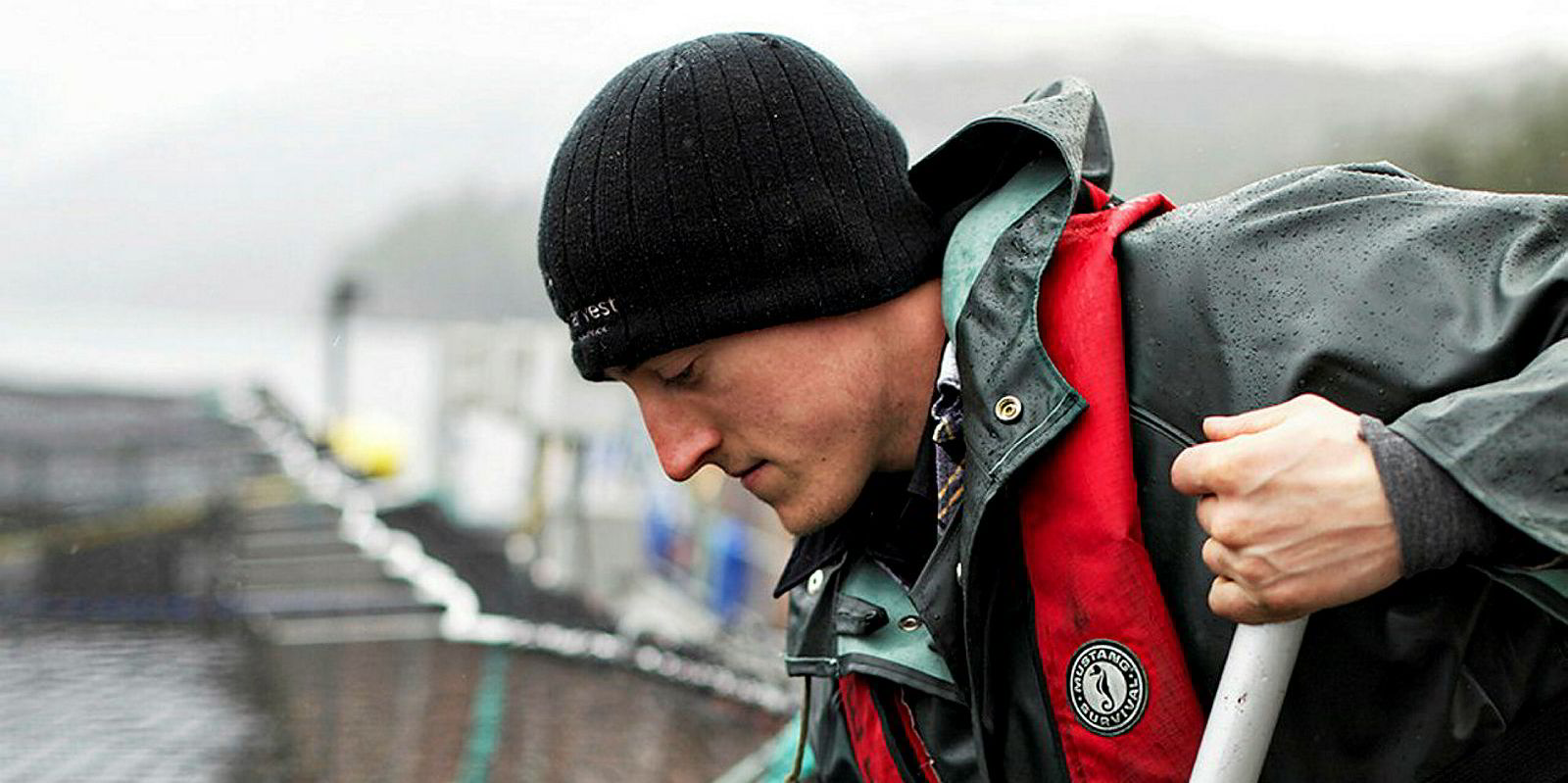Canadian salmon farmers are firing back over comments made by non-profit organization the Atlantic Salmon Federation (ASF), citing a lack of transparency in the reporting of farmed salmon escapes.
The Atlantic Canada Salmon Farmers Association (ACSFA) said the ASF's comments "cannot go unchallenged."
"Salmon farmers do not want to lose a single fish. Their fish are their livelihood," said ACSFA Executive Director Susan Farquharson. "When escapes do happen, they are largely a result of extreme weather events."
ASF's comments followed the escape of around 1,000 farmed salmon from a site owned by Cooke Aquaculture on Deer Island in the Bay of Fundy on Aug. 20. Some 50 of the fish have since been recovered.
That incident is being blamed on a broken discharge hose from a wellboat during a routine fish transfer from a cage, appearing to underline Farquharson's view that occasional escapes are due to equipment malfunction or human error when fish are being handled through harvesting or fish health inspections, for example.
The industry says salmon farmers are already transparent about escapes and when escapes happen, New Brunswick salmon farming companies voluntarily report it to the provincial regulator, which in turn notifies numerous groups, including the ASF, that are members of the NB Aquaculture Containment Liaison Committee.
Other members include the Department of Fisheries and Oceans, the NB Department of Agriculture, Aquaculture and Fisheries, salmon producers, the NB Conservation Council and the NB Salmon Council.
The NB Aquaculture Containment Liaison Committee communicates regularly; this week, it discussed adding other groups on a case-by-case basis that may wish to be informed of an escape for a specific reason, Farquharson said.
The industry also rejects comments made by ASF spokesperson Neville Crabbe that "spawning that’s occurring between aquaculture escapees and wild fish, wipes away potentially 10,000 years of evolution in a single spawning event."
Crabbe’s comments also "conveniently ignore" any potential impacts of over 100 years of Atlantic salmon enhancement efforts, including ASF’s own sea ranching project in the 1970s and 80s, Farquharson said.
That project saw large releases of a variety of salmon strains into rivers and estuaries, meaning ASF should know farmed salmon are poorly suited to survival in the wild or reproductive success, she added.
"Salmon farming began – with ASF as a partner – as a way to address the decline of the commercial and recreational fishery for Atlantic salmon," Farquharson noted.
